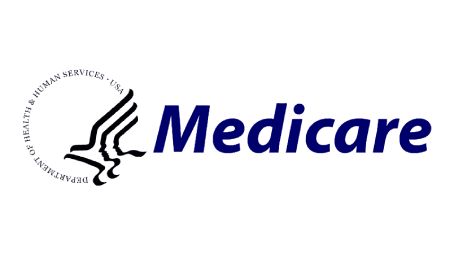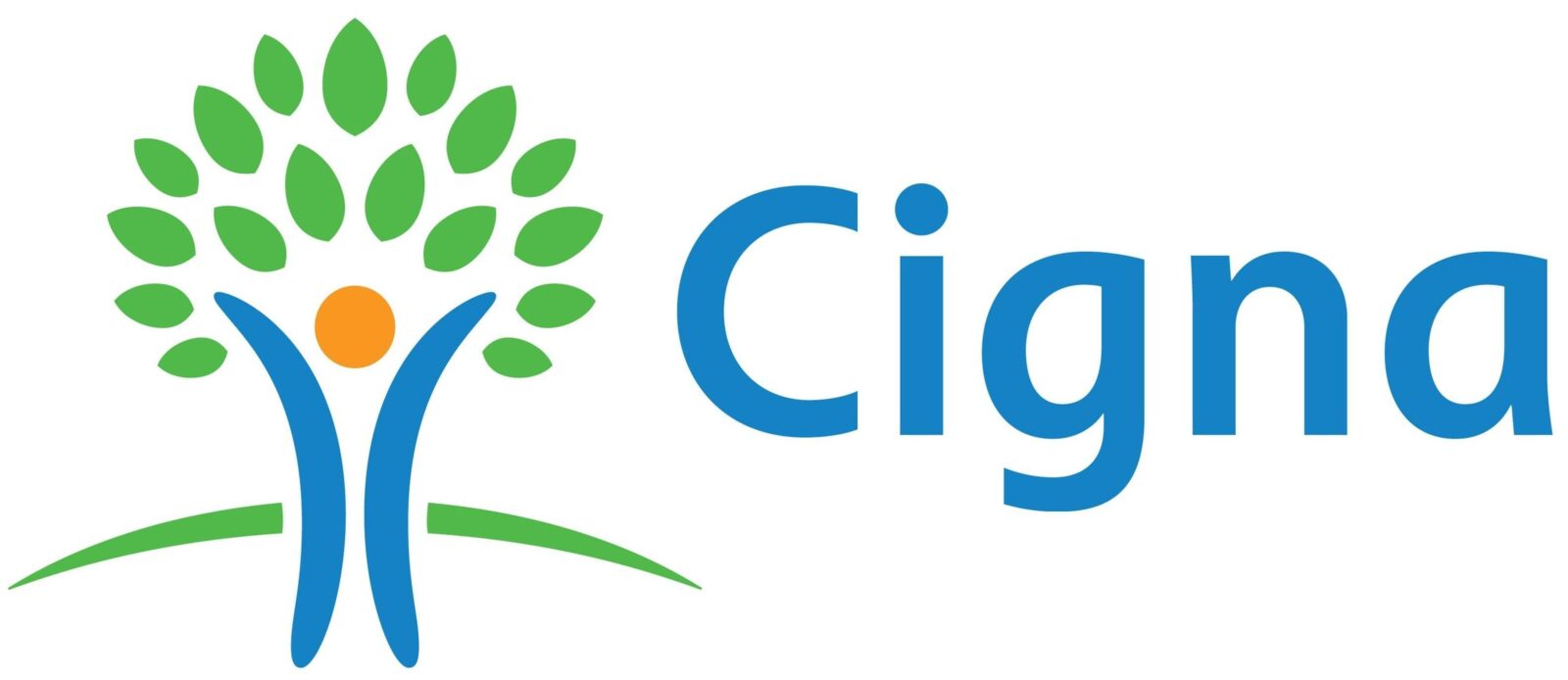Psychiatric medication management refers to the process of prescribing, monitoring, and adjusting medications used to treat mental health conditions. It involves working closely with a healthcare professional, typically a psychiatrist or a psychiatric nurse practitioner, to ensure that the medications are effective, safe, and well-tolerated.
Key Components of Psychiatric Medication Management:
1. Assessment: The process begins with a comprehensive evaluation of the individual’s mental health condition, symptoms, medical history, and any previous treatments. The healthcare professional will gather information to make an accurate diagnosis and determine the most appropriate medication options.
2. Medication Selection: Based on the assessment, the healthcare professional will recommend specific medications that are known to be effective for the diagnosed condition. They will consider factors such as the individual’s symptoms, medical history, potential side effects, drug interactions, and individual preferences.
3. Prescription and Dosage: The healthcare professional will prescribe the chosen medication(s) and determine the appropriate dosage based on factors like the individual’s age, weight, metabolism, and other individual characteristics. They will provide instructions on how and when to take the medication.
4. Monitoring: Regular monitoring is crucial to assess the medication’s effectiveness and any potential side effects. During follow-up appointments, the healthcare professional will evaluate the individual’s response to the medication, inquire about symptom changes, and address any concerns or questions. They may also conduct laboratory tests or other assessments to monitor the medication’s impact on the body.
5. Adjustment and Optimization: If the initial medication or dosage is not producing the desired results or if side effects occur, the healthcare professional may make adjustments. They might change the medication, modify the dosage, or add supplementary medications to enhance the therapeutic effects and minimize side effects.
6. Education and Support: Throughout the medication management process, the healthcare professional will provide education about the medication, including its benefits, potential side effects, and any precautions. They will also offer guidance on self-care strategies, lifestyle modifications, and psychotherapy options that can complement medication treatment.
Psychiatric medication management aims to find the most effective and well-tolerated medication regimen for an individual’s mental health condition. It requires ongoing collaboration between the healthcare professional and the individual to achieve optimal outcomes and ensure the individual’s mental well-being.
Conditions Treated:
- Depression
- Anxiety
- PTSD
- Insomnia
- Bipolar Disorder
- Schizophrenia
- ADHD
Please be aware that all services will be provided via telehealth.
We now accept Aetna, Medicare, and Self Pay. More insurances to come.
- Initial appointment (psychiatric evaluation) – Self-Pay rate $375
- Follow up appointment – Self-Pay rate $150 per session







Self Pay
How It Works:

Click on Get Started

Complete contact form


